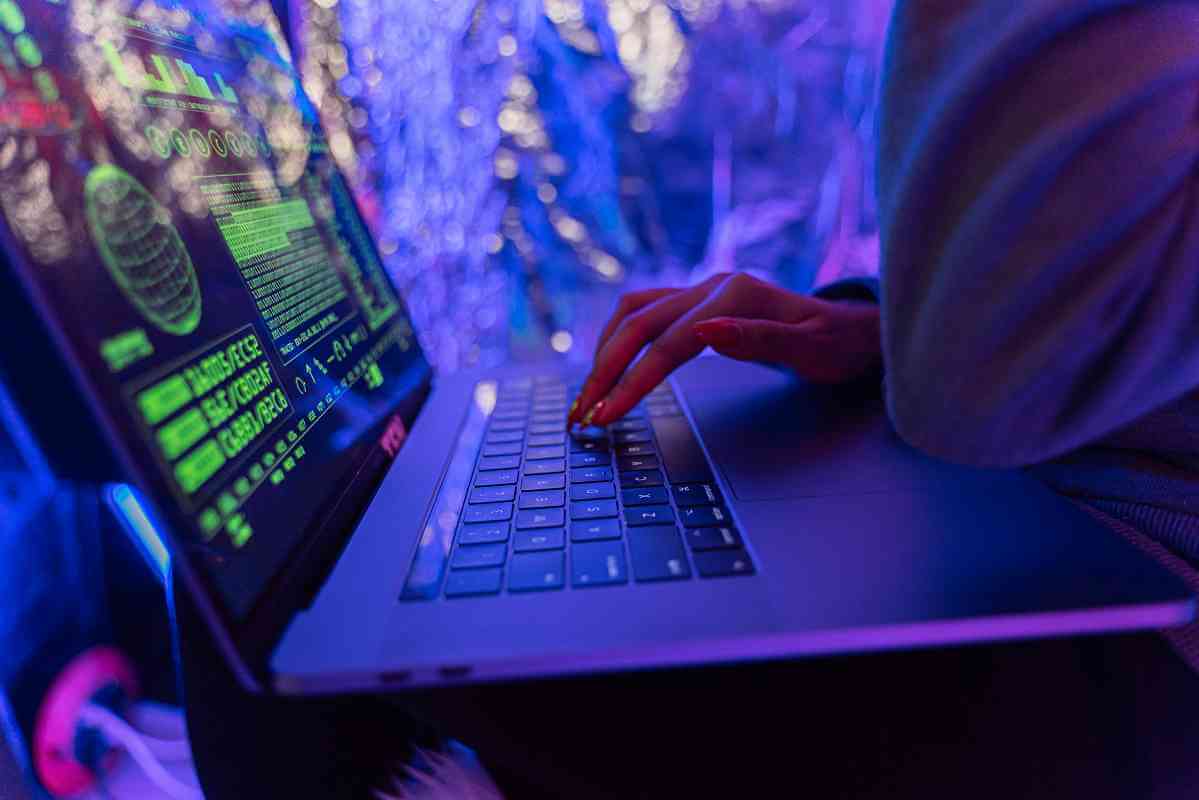The first thing you might be asking yourself is, "What the heck does cybersecurity even really entail?"
Well, cybersecurity is simply the practice of protecting your devices, accounts, and personal information from digital threats, including hackers, scams, and viruses. Even if you think you're savvy enough to not have to worry about it, so much of life — banking, shopping, communication, even healthcare — happens online, that strong cybersecurity habits help prevent uncertainty in an internet-driven world.
Here are 15 key points about cybersecurity that highlight why it matters and what you can do to stay secure:
1. Cybersecurity Protects More Than Just Computers - iIt’s about safeguarding entire networks, cloud environments, mobile devices, and sensitive data from attacks, theft, and misuse.
2. Strong Passwords and Multi-Factor Authentication Are Your First Defense - unique, complex passwords paired with two-step verification significantly reduce the risk of unauthorized access.
3. Phishing Attacks Remain the Top Threat - emails and texts that trick users into revealing information, or downloading malware are still the leading cause of breaches.
4. Regular Updates Close the Door on Hackers - outdated software contains vulnerabilities that can easily be exploited, so keeping devices and apps updated is critical.
5. Encryption Keeps Information Private - from banking apps to messaging services, encryption ensures that sensitive data is unreadable to unauthorized users.
6. Insider Threats Are Real - sometimes the danger comes from within; employees, contractors, or partners with legitimate access can accidentally (or purposefully) misuse it.
7. Zero Trust Security Is Growing - this model requires everyone — even insiders — to be verified every time they try to access systems or data. We use this here at the office.
8. Firewalls and Detection Systems Act as Gatekeepers - by monitoring and blocking suspicious activity before it can reach valuable information, it keeps you protected.
9. Human Error Is the Weakest Link - believe it or not, social engineering attacks tend to prey on human behavior, which makes training and awareness crucial.
10. Cloud Security Is a Shared Responsibility - while cloud providers protect infrastructure, it's important that users still secure their own data and access.
11. Ransomware - these attacks lock your files and demand payment. Secure, offline backups can be the difference between recovery and loss.
12. Some Devices Expand Risks - smart home devices, wearables, and sensors often lack robust security, creating more entry points for attackers.
13. Compliance Laws Protect Consumers - regulations hold organizations accountable for protecting personal information.
14. AI Is a Double-Edged Sword - artificial intelligence is being used to both detect cyber threats faster — and [by criminals] to launch more advanced attacks.
15. Good Cyber Hygiene Is Non-Negotiable - practicing simple habits, such as updating devices, using strong passwords, and thinking before clicking forms the foundation of cybersecurity.
Here are some real life stories for you to consider, when deciding whether to get Cyber Protection, or not:
- While on vacation, Lisa connected to a free network (the hotel wifi). It wasn’t the hotel’s at all; a hacker had set it up. By the time she checked out, her bank account was empty.
- James received an email from HR with his annual review attached. He clicked it without thinking. Within minutes, malware spread through the company network, shutting down their entire system for days.
- Maya lost her unlocked smartphone in a coffee shop. Within hours, the thief had access to her email, work accounts, and social media. One small slip exposed her entire digital life.
- A small business ignored software updates, thinking they were useless and hackers exploited the outdated system to steal thousands of customer records, which resulted in not only lawsuits, but a destroyed reputation, as well.
- Chris posted a picture of his new home office setup online, not realizing he had his wifi password on a sticky note, which could be seen in the background. Within days, neighbors were piggybacking on his network leaving him vulnerable to someone else's illegal activity being traced back to him.
A few ways to stay safe in this cyber driven world, consist of:
- Avoid reusing the same password across accounts. Combine letters, numbers, and symbols for extra strength.
- MFA adds an extra layer of security by requiring a code, fingerprint, or app confirmation when logging in.
- Regularly update apps, browsers, and operating systems to patch vulnerabilities hackers exploit.
- Be cautious with links and attachments in emails or texts, especially if they come from unknown senders.
- Secure your wifi and use a strong password and WPA3 encryption on your home network. Avoid using unsecured public wifi for sensitive activities.
- Keep copies of files on an external drive or secure cloud storage to protect against ransomware or accidental loss.
- Don't forget to review social media and app permissions to control what personal information you’re sharing.
- Antivirus and firewall protection tools help detect, block, and remove threats before they cause damage.
Cybersecurity isn’t just about technology — it’s about people, processes, and awareness. Whether you’re an individual checking email or a business managing sensitive data, remember that security is an ongoing commitment, not a one-time fix.
If you have any questions regarding cybersecurity, or would like us to quote your policy with this added coverage, please reach out to us at the office, at 720.335.6872, and we will walk you through the benefits, and help you out with the quoting process!
